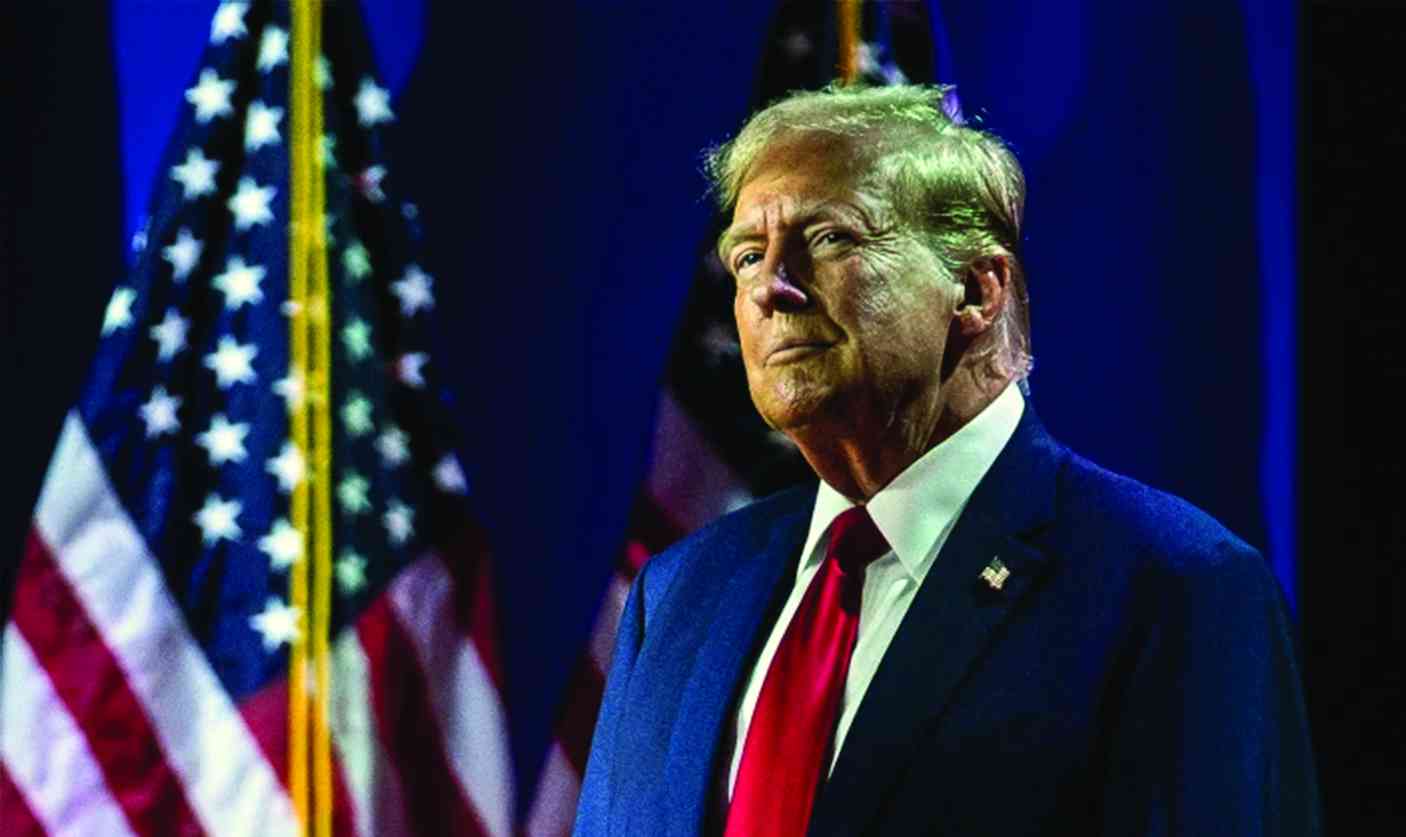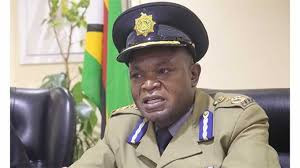
IN the past week or more, the political landscape in the United States has been marked by significant events surrounding the inauguration of President Donald Trump.
His administration's initial actions and rhetoric have raised concerns not only within the US but also globally, particularly in Africa.
As a Black African feminist and a feminist development practitioner, it is essential to critically assess these developments and explore how African ethical narratives can guide our lives and struggles as African women.
Trump's inauguration was a momentous occasion, characterised by a mix of celebration and protest. As the 45th President of the United States, Trump’s approach has been contentious from the outset.
His administration's first days have included executive orders that reflect a stark departure from previous policies, particularly regarding immigration, healthcare, and international relations.
One of Trump's first actions was to sign an executive order aimed at building a wall along the US-Mexico border and tightening immigration controls.
This move has sparked outrage and protests across the nation, as it is seen as an attack on the rights of immigrants and refugees, many of whom come from marginalised communities.
For African women, who often face systemic barriers and discrimination, such policies could exacerbate existing challenges.
- Letter from America: Is former president Donald Trump a hero or villain?
- Chidzivo, Tarakinyu clinch Kabag honours
- Letter from America: Is former president Donald Trump a hero or villain?
- The Fiddler: Is honesty the best policy?
Keep Reading
Another significant focus has been the repeal of the Affordable Care Act (ACA). This move threatens access to healthcare for millions, including vulnerable populations.
I recognise that African women, who often bear the brunt of healthcare disparities, could find themselves disproportionately affected by such changes.
Trump's approach to foreign policy has raised alarms, particularly regarding his stance on global cooperation and climate change. His withdrawal from international agreements could undermine efforts to address issues that disproportionately affect African nations, such as climate change and economic inequality.
These actions reflect a broader trend of nationalism and protectionism that can have detrimental effects on global solidarity and cooperation, especially for African countries seeking to navigate complex international landscapes.
The importance of African ethical narratives In light of these developments, it is crucial to reflect on the role of African ethical narratives in shaping our identities and guiding our struggles.
As African women, we must define our own lives and futures, drawing from our rich cultural heritage and ethical frameworks. African feminism emphasises the importance of context, culture, and community.
It challenges the imposition of Western feminist ideals and advocates for a nuanced understanding of gender issues within the African context.
This perspective is vital as we navigate the complexities of globalisation and the influence of Western narratives. African ethical narratives celebrate resilience and strength, reminding us of the importance of community, solidarity, and collective action. In a world that often seeks to marginalise our voices as women — and black women in particular, these narratives empower us to stand firm in our identities and advocate for our rights.
I emphasise the need for African women to take ownership of our narratives, rejecting the notion that our worth is defined by external standards or trends.
Instead, we should draw from our experiences, histories, and cultural practices to define our paths. This self-definition is crucial in resisting the pressures of globalisation and the often harmful influences of Western culture.
Moreover, African ethical narratives emphasise the interconnectedness of our struggles. As we face challenges posed by global politics, it is essential to recognise that our fates are intertwined.
Solidarity among African women, as well as with marginalised communities globally, is vital for fostering resilience and effecting change.
While it is important to engage with global trends, we must do so critically. The allure of following Western trends can lead to the erosion of our cultural identities and values. Instead, we should analyse trends critically, understanding their implications for our communities and questioning whose interests are served.
We must prioritise the preservation of our cultural practices and languages, which are vital components of our identities and serve as sources of strength in the face of external pressures.
Engaging in advocacy that reflects our values and addresses the specific needs of our communities is crucial. This includes pushing for policies that prioritise social justice, equity, and environmental sustainability.
Community and collective action are central to African ethical narratives. In many African cultures, the concept of "ubuntu" emphasiess the interconnectedness of all people and the importance of community support.
This philosophy can guide our responses to the challenges posed by the Trump administration and other global political shifts.
By fostering strong community ties and working together, we can build resilience and create positive change.
This involves supporting one another, sharing resources, and standing in solidarity with marginalised groups. Collective action can amplify our voices and increase our impact, making it more difficult for oppressive policies to take hold.
Storytelling is a powerful tool in African cultures, used to pass down knowledge, preserve history, and inspire action. By sharing our stories, we can highlight the resilience and strength of African women and challenge harmful narratives.
Storytelling allows us to connect with others on a deeper level, fostering empathy and understanding. As we navigate the complexities of the Trump administration and other global political shifts, it is essential to share our experiences and perspectives.
This can help to counteract negative stereotypes and promote a more accurate and nuanced understanding of African women's lives and struggles.
Advocacy is a crucial component of our response to the challenges posed by the Trump administration. By engaging in advocacy efforts, we can push for policy changes that prioritise social justice, equity, and environmental sustainability.
This involves working with local, national, and international organisations to raise awareness and mobilise support for our causes.
Policy change is essential for addressing the systemic issues that disproportionately affect African women. Advocating for policies that promote gender equality, access to healthcare, and environmental protection can create a more just and equitable world.
The unfolding events of the Trump administration serve as a reminder of the importance of vigilance and critical engagement in the face of global political shifts.
As African women, we have the power to shape our narratives and define our futures. By embracing our ethical frameworks and cultural heritage, we can navigate the complexities of a rapidly changing world while remaining true to our identities. In this moment of uncertainty, let us draw strength from our histories, celebrate our resilience, and commit to a future that honours our voices and values.
Together, we can forge paths that reflect our aspirations and ensure that our struggles contribute to a more just and equitable world for all. Focusing on community, storytelling, advocacy, and policy change, we can address the challenges posed by the Trump administration and other global political shifts. Let us continue to stand in solidarity with one another and work towards a brighter future for African women and our communities.
Chirenje writes in her personal capacity as a citizen of Zimbabwe. Twitter: @graceruvimbo; Facebook: Grace Chirenje; Instagram: @graceruvimbo






